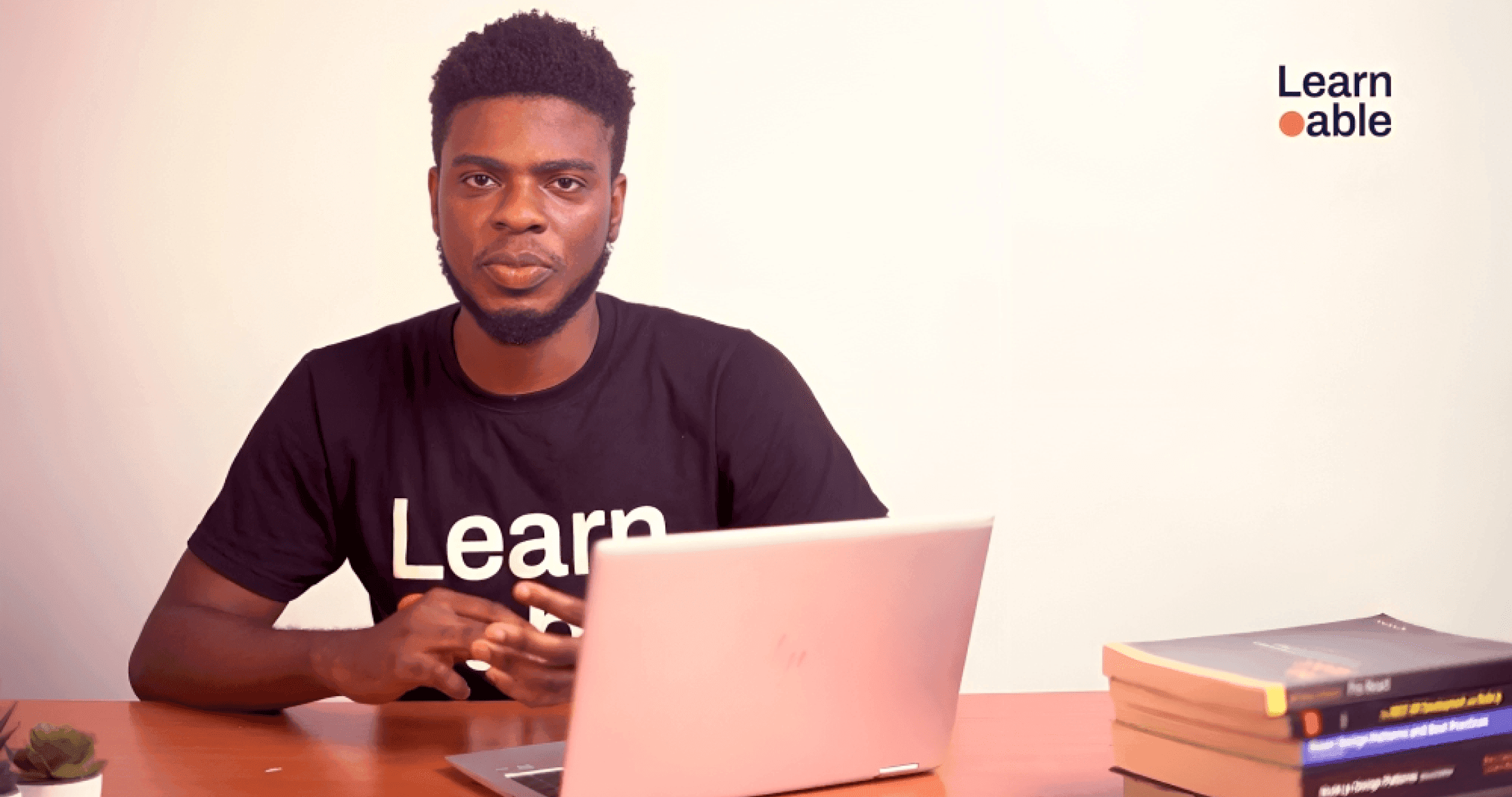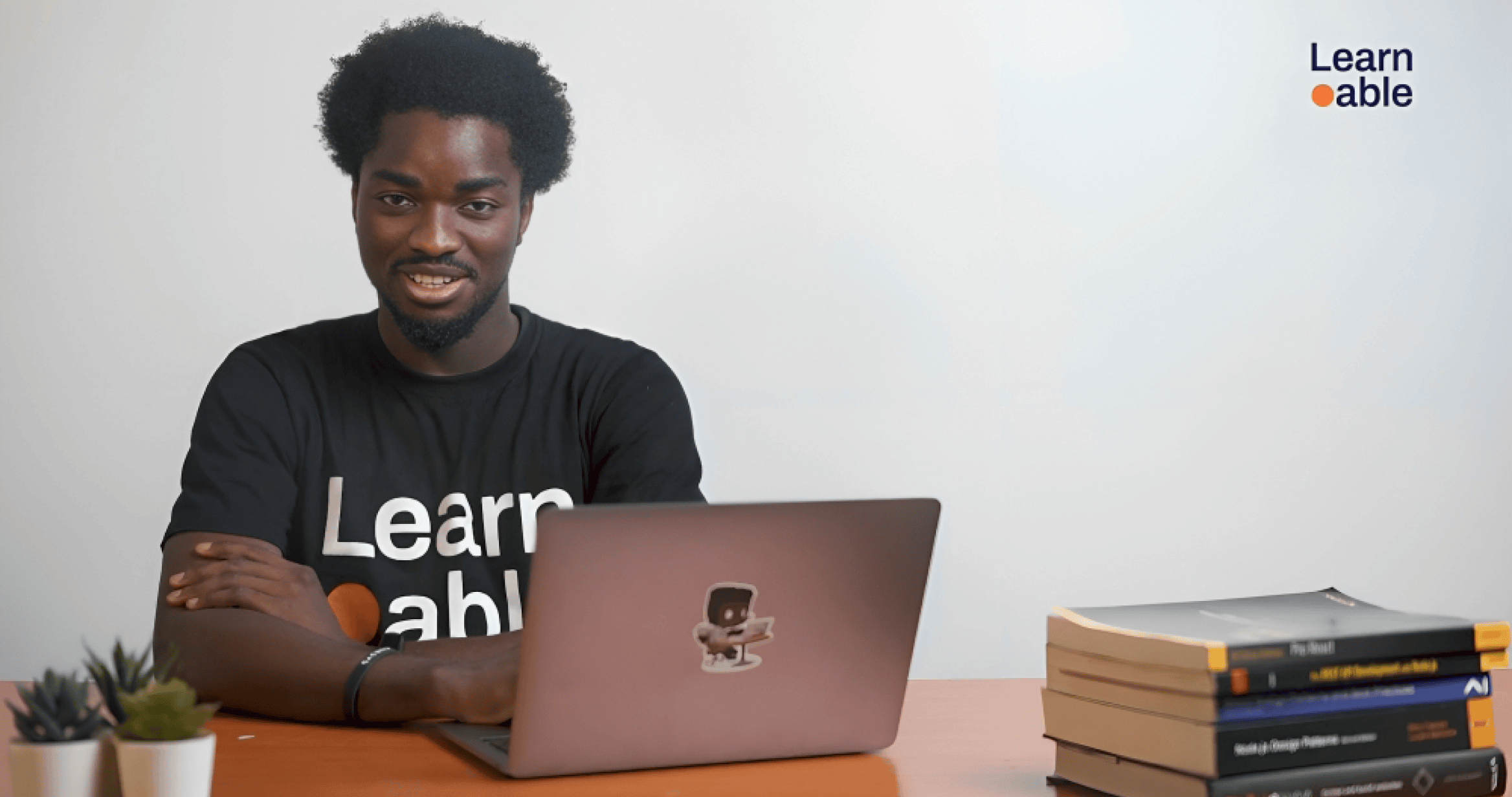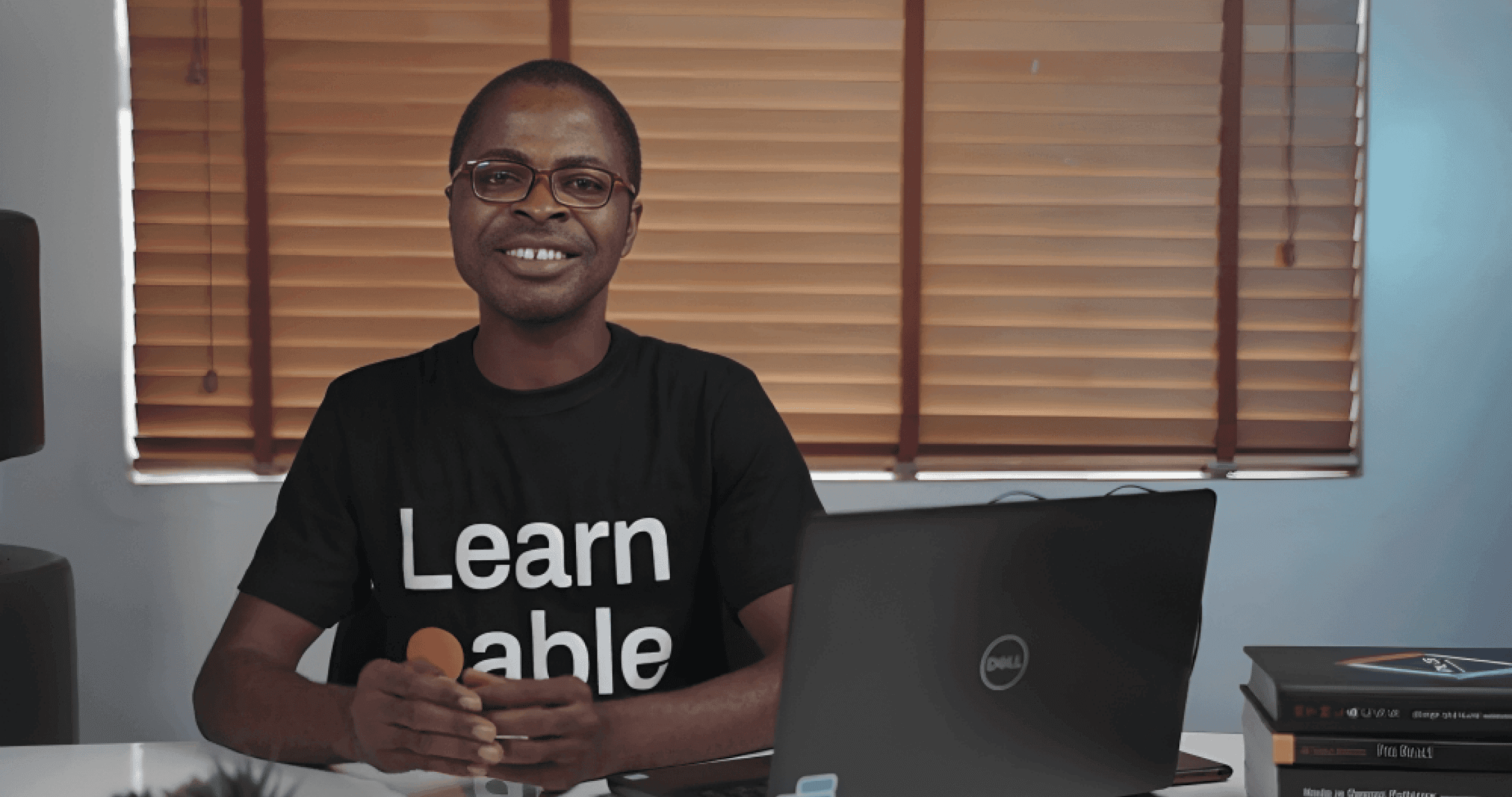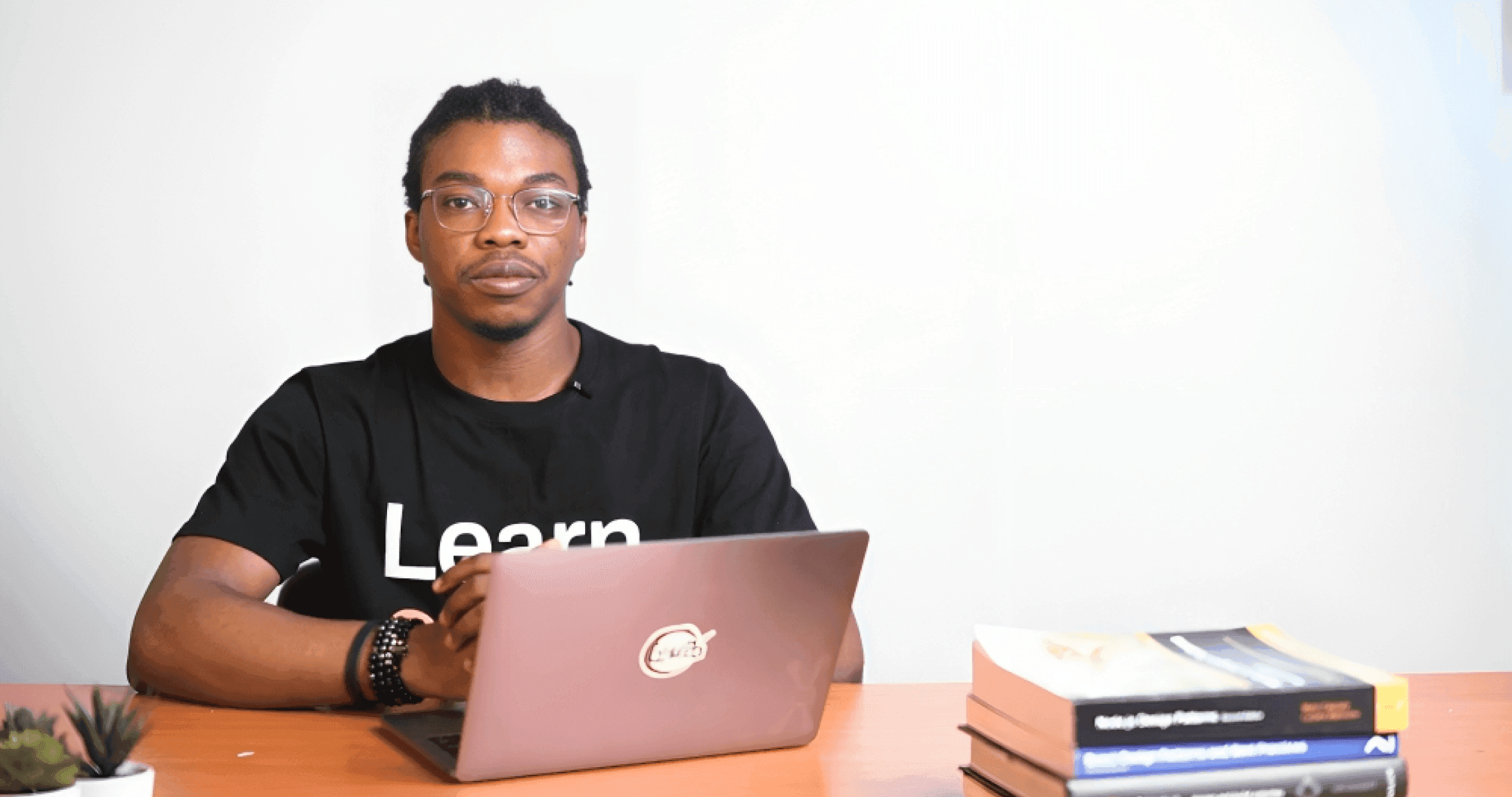Product Design

About this learning track
Product designers are responsible for crafting the look, feel, and functionality of digital and physical products, ensuring they meet user needs and business goals. This track encompasses a wide range of skills, including user research, user interface (UI) design, interaction design, prototyping, and usability testing.
Product designers collaborate closely with cross-functional teams, from developers to marketers, to create innovative and user-friendly products. In essence, product design is about solving problems, empathizing with users, and translating their needs into elegant, intuitive, and visually appealing solutions.
What you will learn
- User Research: Develop skills to understand and empathise with user needs and behaviours.
- UI/UX Design: Create visually appealing, user-friendly interfaces through wireframing and prototyping.
- Design Thinking: Employ a problem-solving methodology to craft innovative and user-centred solutions.
- Usability Testing: Learn how to test and refine designs based on user feedback.
- Collaboration: Work effectively with cross-functional teams to turn design concepts into real products.
Requirements
- A working laptop
- Steady internet access
- A working mobile phone
- A learning attitude
Learnable showed me the boundless potential of daily commitment and a supportive community.




